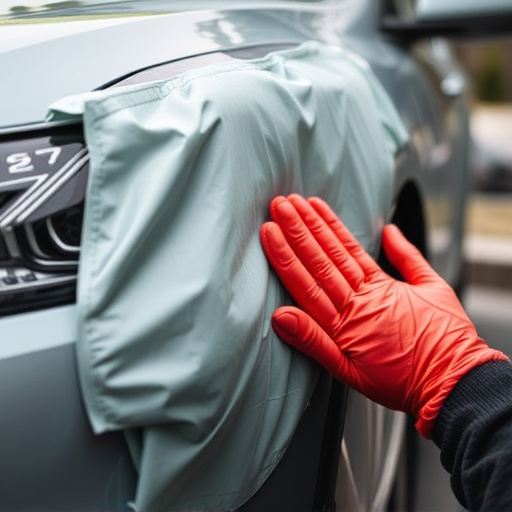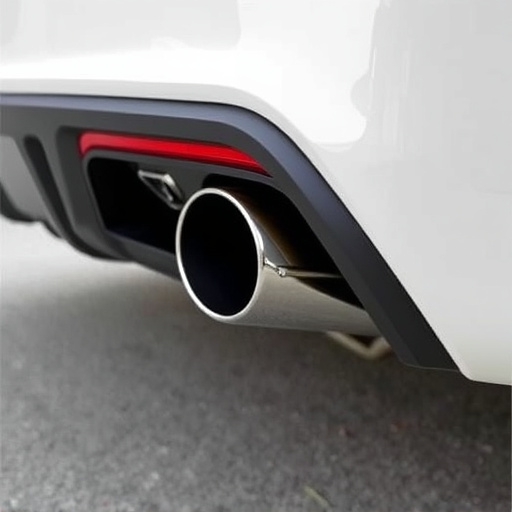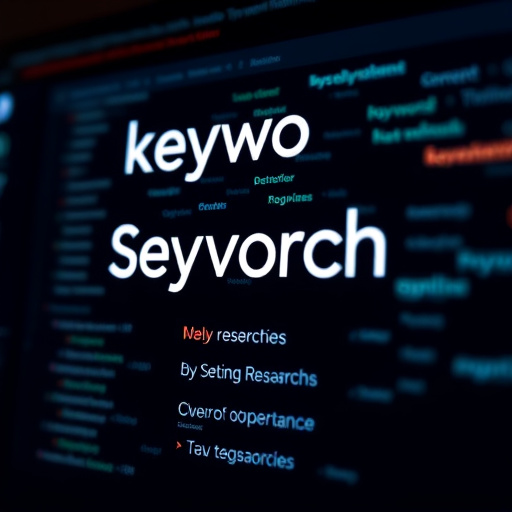Comprehensive training programs are vital for achieving and maintaining quality workmanship in today's competitive market. By equipping employees with specialized knowledge and skills, companies can enhance precision, productivity, and customer satisfaction. Advanced techniques like paint correction and ceramic coating, combined with tailored training, elevate product aesthetics and protectivity. Continuous learning, including hands-on practice sessions and augmented reality simulations, ensures technicians stay updated on new technologies and maintain a culture of excellence across various services.
In today’s competitive market, understanding the role of training in ensuring quality workmanship is paramount. Effective training programs not only equip workers with essential skills but also instill a commitment to excellence. This article delves into the profound impact of training on quality, explores effective strategies for skilled craftsmanship, and highlights continuous learning as the cornerstone of sustained excellence. By embracing these principles, organizations can elevate their standards and deliver superior products or services.
- Understanding the Impact of Training on Quality
- Effective Training Strategies for Skilled Craftsmanship
- Continuous Learning: Key to Sustaining Excellence
Understanding the Impact of Training on Quality

In today’s competitive market, understanding the impact of training on quality workmanship is paramount for any business aiming to excel. Comprehensive training programs equip employees with the knowledge and skills necessary to consistently deliver high-quality results. This not only ensures precision in tasks but also fosters a culture of excellence where attention to detail becomes second nature. By investing in training, companies can expect improved productivity, reduced errors, and ultimately, enhanced customer satisfaction.
Moreover, specialized training in areas such as paint correction and ceramic coating can take quality workmanship to the next level. These advanced techniques not only enhance the aesthetics of finished products but also provide protective layers, like heat rejection coatings, that extend product lifespans. Such tailored training reflects a commitment to staying ahead of industry trends and meeting evolving customer expectations, solidifying the brand’s reputation for superior craftsmanship.
Effective Training Strategies for Skilled Craftsmanship

Effective training strategies are pivotal in cultivating skilled craftsmanship, ultimately driving quality workmanship across various industries, including premium automotive services. Custom vehicle wraps, for instance, demand meticulous attention to detail and a deep understanding of materials like vinyl wraps. Engaging trainees with hands-on practice sessions, where they learn to apply these wraps on diverse surfaces, enhances their sensory acuity and problem-solving skills. This experiential approach, coupled with expert guidance, instills confidence in novice craftspersons, enabling them to deliver consistently high-quality outcomes.
Moreover, incorporating modern training tools such as augmented reality simulations can revolutionize the learning process. These immersive experiences allow trainees to experiment with different techniques and materials without the risks associated with real-world applications. By combining theoretical knowledge with practical, tech-augmented exercises, individuals poised to become experts in custom vehicle wraps or vinyl wrapping gain a competitive edge, ensuring they meet and exceed industry standards for quality workmanship.
Continuous Learning: Key to Sustaining Excellence

In today’s ever-evolving automotive landscape, continuous learning is no longer an option—it’s a necessity for maintaining and enhancing quality workmanship. The industry is dynamic, with new technologies, materials, and trends emerging regularly. For example, protective coatings and custom vehicle wraps have become integral parts of car customization, demanding that professionals stay updated on application techniques and material properties. By committing to continuous learning, technicians can master these innovations, ensuring they deliver top-tier results for clients seeking distinctive, high-quality finishes.
This ongoing educational approach fosters a culture of excellence that ripples through workshops and dealerships. Trained professionals pass on their knowledge, enabling peers to stay current with industry advancements. Consequently, this shared expertise ensures consistency in quality workmanship across various services, from basic maintenance to intricate car customization projects.
Training plays a pivotal role in fostering and maintaining quality workmanship. By understanding the impact of training, implementing effective strategies, and emphasizing continuous learning, organizations can ensure their artisans develop the skills needed to consistently deliver exceptional results. This investment in education ultimately strengthens the overall quality of craftsmanship, benefiting both the industry and end-users alike.














